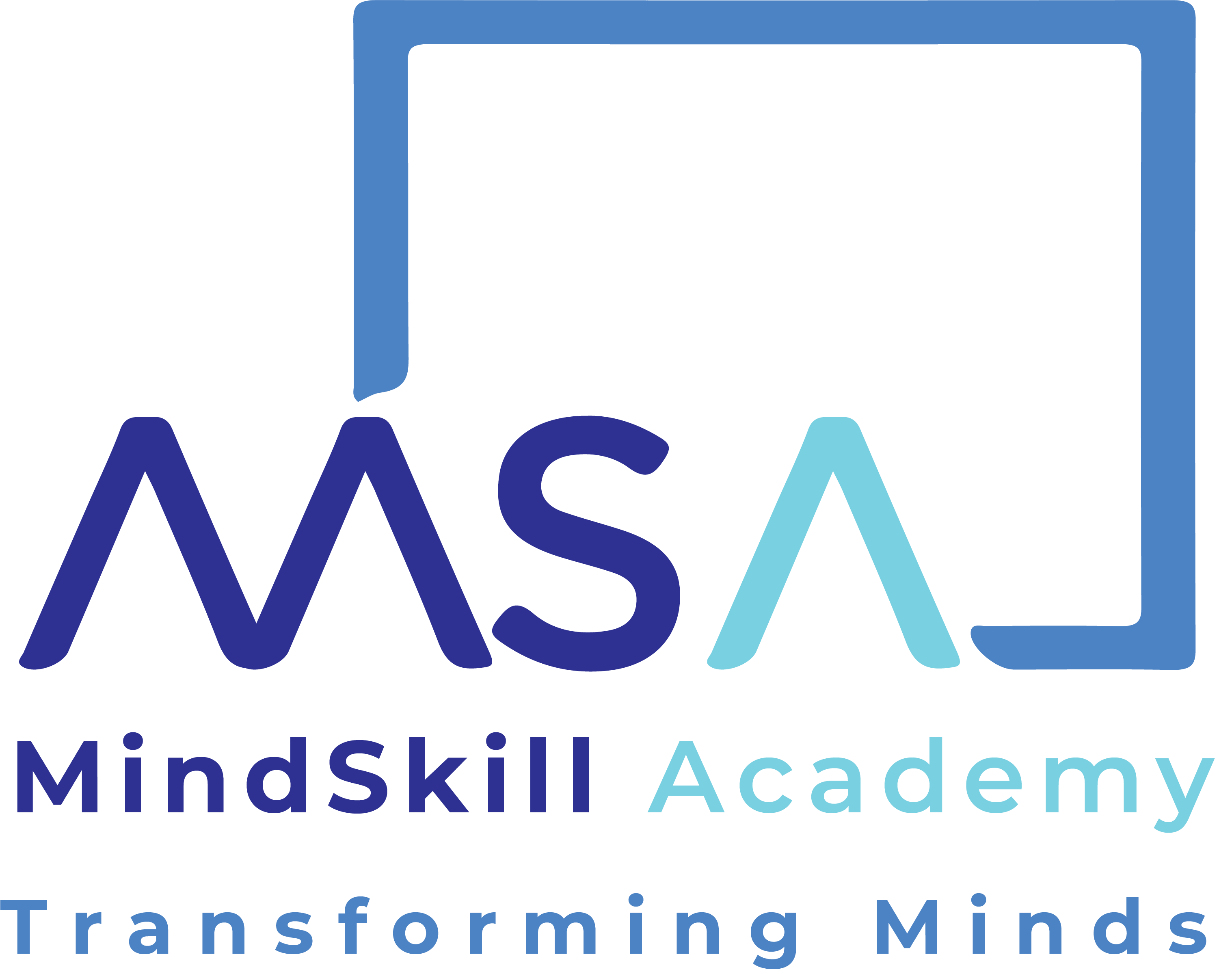In today’s dynamic and interconnected professional landscape, technical skills are no longer the sole determinants of success. A growing body of research emphasizes the pivotal role of emotional intelligence (EI) in the workplace. Defined as the ability to recognize, understand, and manage one’s own emotions while effectively navigating social interactions, emotional intelligence has emerged as a crucial factor in career advancement and organizational success.
Understanding Emotional Intelligence
At its core, emotional intelligence encompasses five key components: self-awareness, self-regulation, motivation, empathy, and social skills. In the workplace, individuals with high emotional intelligence excel not only in their technical roles but also in their ability to navigate complex interpersonal relationships.
Self-Awareness and Professional Growth
Self-awareness, the foundation of emotional intelligence, involves recognizing and understanding one’s emotions. In the workplace, this translates to a heightened ability to assess personal strengths and weaknesses, allowing individuals to make informed decisions about their professional development. A self-aware professional is better equipped to seek constructive feedback, adapt to challenges, and continuously refine their skills.
Self-Regulation and Conflict Resolution
Emotionally intelligent individuals excel in self-regulation, the ability to manage and control emotional responses. This skill is particularly valuable in high-pressure work environments where conflicts may arise. Professionals with strong self-regulation skills can navigate disagreements with poise, finding constructive solutions without allowing emotions to escalate and negatively impact teamwork.
Motivation and Goal Attainment
Motivation, a component of emotional intelligence, is the driving force behind perseverance and goal attainment. In the workplace, motivated individuals demonstrate resilience in the face of setbacks. Their enthusiasm becomes contagious, inspiring colleagues and contributing to a positive and productive organizational culture.
Empathy in Team Dynamics
Empathy, often hailed as a cornerstone of emotional intelligence, is the ability to understand and share the feelings of others. In a team setting, empathetic individuals forge strong connections with colleagues, fostering a supportive and collaborative work environment. Team members who feel understood and valued are more likely to contribute their best efforts, ultimately enhancing overall team performance.
Social Skills for Professional Success
Social skills, the final component of emotional intelligence, encompass effective communication, conflict resolution, and relationship-building abilities. Professionals with strong social skills excel in networking, negotiation, and leadership roles. They create inclusive workspaces where diverse perspectives are valued, leading to innovative problem-solving and increased team cohesion.
Organizational Impact
Emotional intelligence is not confined to individual success; its impact ripples through entire organizations. Companies that prioritize emotional intelligence in their hiring, training, and leadership development initiatives often experience improved employee satisfaction, reduced turnover, and enhanced overall performance.
Cultivating Emotional Intelligence in the Workplace
Organizations can actively foster emotional intelligence by integrating it into leadership development programs, providing training on effective communication and conflict resolution, and creating a culture that values emotional well-being. Additionally, regular feedback and coaching can help employees enhance their emotional intelligence over time.
Conclusion
In the modern workplace, where collaboration, adaptability, and effective communication are paramount, emotional intelligence emerges as a key differentiator. Professionals who cultivate and leverage their emotional intelligence navigate challenges with resilience, foster positive relationships, and contribute significantly to their own success and that of their organizations. As we continue to evolve in the professional landscape, recognizing and valuing emotional intelligence is not just a trend but a strategic imperative for sustained success.

